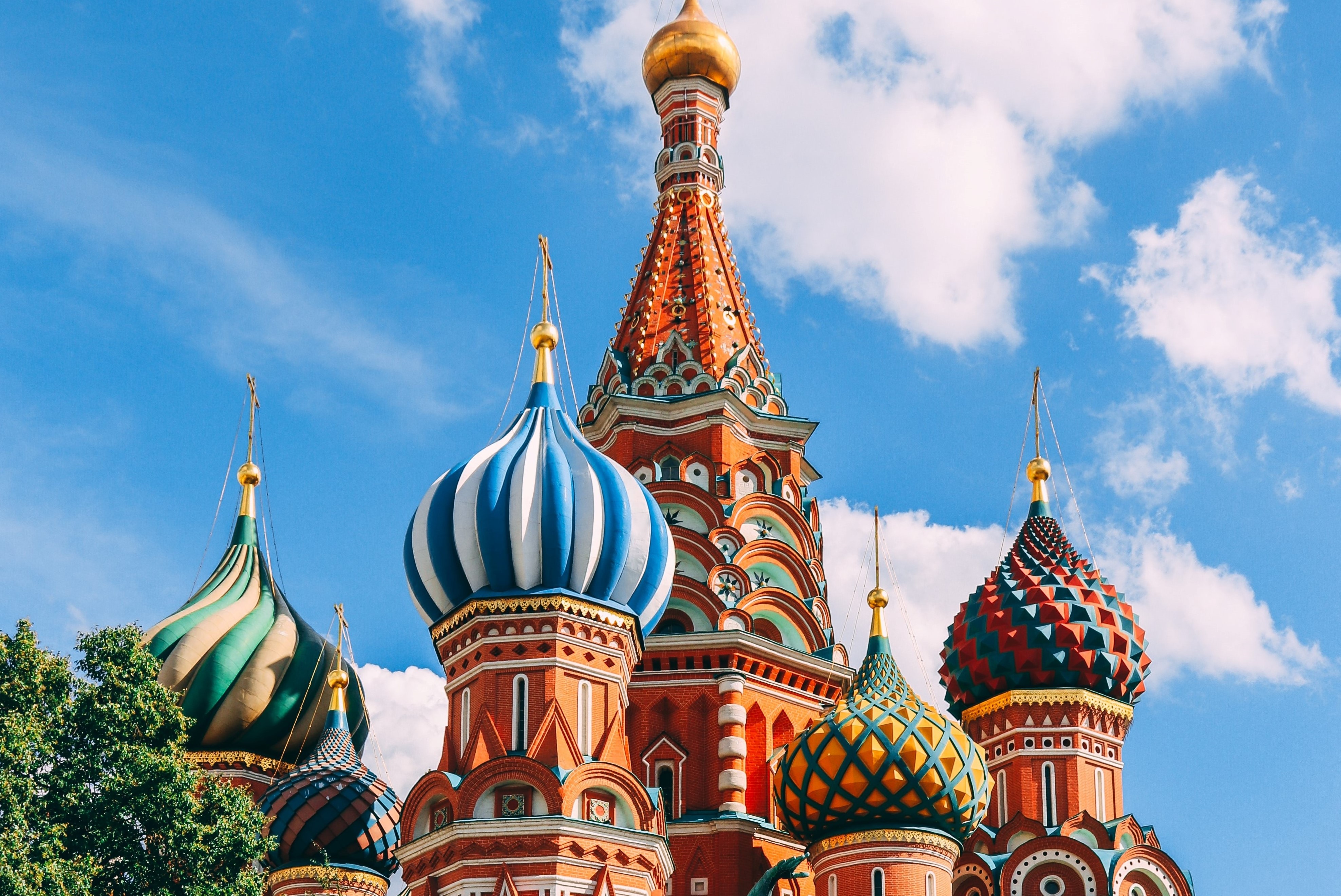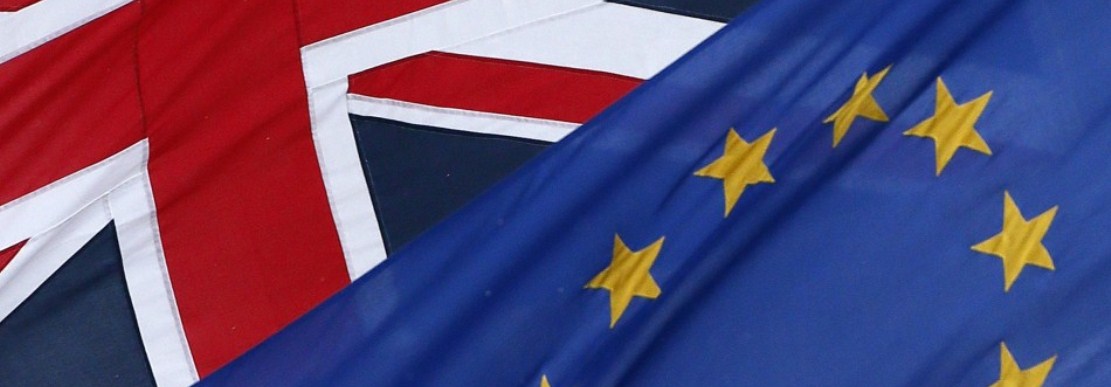By Krishna Mulleth, 3rd Year Law LLB (Hons) student, University of Kent
 Josep Borrell has caused controversy in recent weeks due to his ill-advised visit to Moscow in the wake of the mass protests following the arrest of Alexei Navalny. The High Representative of the European Union for Foreign Affairs and Security Policy was met with an unexpectedly intense level of questioning by the Russian owned news agency; Sputnik, as well as by Russia’s Foreign Minister Sergey Lavrov at a joint press conference. During Borrell’s visit, Minister Lavrov announced Russia was expelling several EU diplomats for allegedly participating in the recent protests, further fueling the already contentious relations between the two.
Josep Borrell has caused controversy in recent weeks due to his ill-advised visit to Moscow in the wake of the mass protests following the arrest of Alexei Navalny. The High Representative of the European Union for Foreign Affairs and Security Policy was met with an unexpectedly intense level of questioning by the Russian owned news agency; Sputnik, as well as by Russia’s Foreign Minister Sergey Lavrov at a joint press conference. During Borrell’s visit, Minister Lavrov announced Russia was expelling several EU diplomats for allegedly participating in the recent protests, further fueling the already contentious relations between the two.
While there were no explicit objectives for the trip, Borrell claims that the purpose was to cast aside the adverse communication between the EU and Russia and construct an open and straightforward relationship. The previous EU foreign policy representative Chief Federica Mogherini visited Moscow in 2017, since assuming his post in 2019, Borrell has not visited Russia. Questions have arisen over why Borrell considered this the appropriate time for his first visit. While relations between the EU and Russia have remained civil, one would not consider them encouraging.
During his trip to Moscow, Josep Borrell conveyed his concern over the arrest of opposition leader Alexei Navalny and the further mass arrests of thousands of protestors. He stressed that despite Russia’s sovereignty, the respect of the rule of law and human rights is central to the common future between Russia and the EU.
Minister Lavrov rejected Borrell’s concerns while highlighting Russia’s dissatisfaction with its treatment by the EU; stating that Russia ‘could only work with our partners through dialogue, without using any ultimatums, punishments and unilateral actions punishing those who want to develop normal relations by imposing extraterritorial restrictions – those are methods and tools from the colonial past.’
Minister Lavrov further criticized the European Union branding it as an ‘unreliable partner’, he expressed his hope that the strategic review will take place soon and will focus on the key interests of the European Union and that these talks will help make our contracts more constructive.’
Borrell was also questioned on the hypocrisy of the EU in their condemnation of the Navalny situation, despite the apparent violations of human rights law within their own countries. The journalist from Sputnik questioned Borell on the detention of seven Russian-language journalists in Latvia for allegedly infringing EU sanctions, despite those sanctions not applying to those employees. Hence, their detention was an illegal act and constitutes a violation of human rights and freedoms. Josep responded with a seemingly vague statement, reinforcing his belief in the judiciary system in Latvia to resolve the issue and serve justice while upholding the rule of law.
This press conference illustrated the lack of preparation undertaken by Josep Borrell, rather than a mere diplomatic visit, Minister Lavrov was assertive and prompt in delivering his criticisms of the EU. According to Borrell’s public statement, he believes that this visit has derailed the path to cooperation, and he stated that ‘Europe and Russia are drifting apart. It seems that Russia is progressively disconnecting itself from Europe.’
Many Members of the European Parliament disapproved of the trip to Moscow, expressing their concern about the questionable timing, especially during a period of such strained relations between Russia and the EU. Considering this, the European Parliament deemed this fiasco as ‘a predictable mistake’, which could have been avoided entirely.
However, Minister Lavrov appeared prepared to develop promising relations with the EU at future events, an opportunity may arise at the summit of UN Security Councils leaders. While Borrell’s recent trip to Russia highlights the contentious relations between Russia and the rest of the European Union, it has become clear that the Russia/EU relationship needs to establish an open dialogue, without finger-pointing, to reaffirm positive relations.
Both parties are responsible for engaging and sustaining cooperation and for preventing further deterioration of their relationship. Borrell echoed Minister Lavrov’s sentiment that; Russia and the European Union need to ‘find spaces for understanding and build mutual trust’.
Blog posts express the opinion of the author and do not necessarily reflect the view of the Global Europe Centre or its affiliates.
